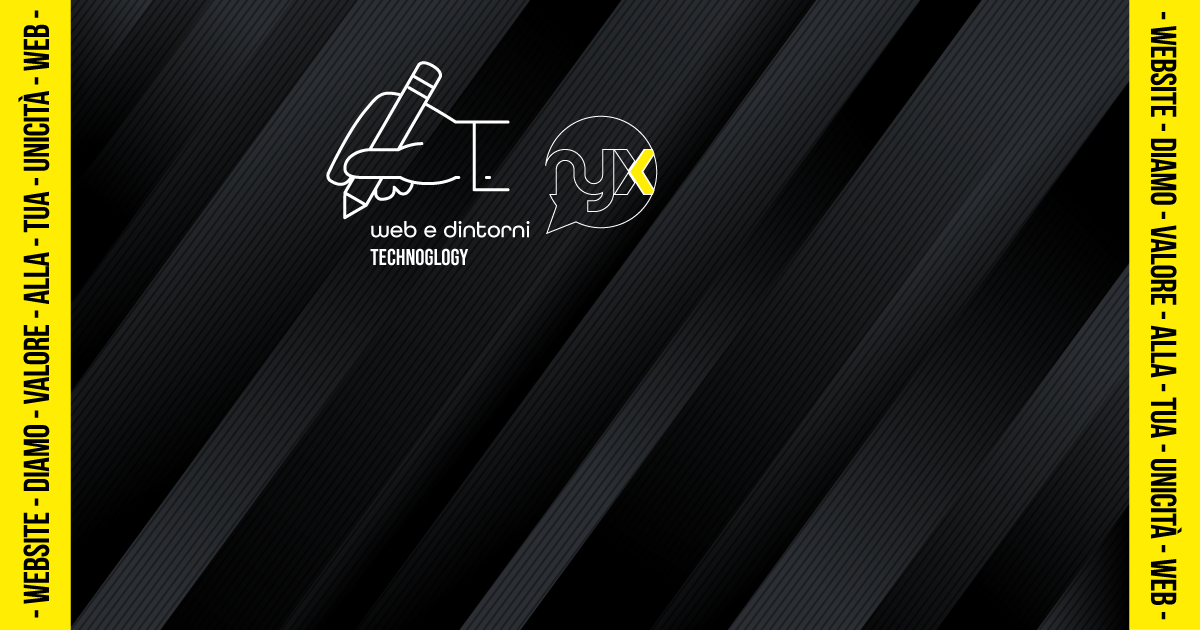Today,
we live in a society of paradoxes where words like inclusion, knowledge, artificial intelligence And metaverse contrast with the terms of exclusion, functional illiteracy, digital device and physical approach.
The Internet has allowed easy access to information, generating acquisition among users.
And in recent years, its use has grown exponentially.
But does the growth of users' computer skills go hand in hand with technological development?
To answer this question, it may be useful to define some contradictions that we find in everyday life.
THE FIRST OF THE PARADOXES: increased acquisition of information and increased computer illiteracy.
The incorrect use of information technology is present more today than at the beginning of digital evolution. The causes are the disparity in the acquisition of resources, the few skills of some, the lack of a basis or a teaching method on this subject.
You can become computer illiterate, even if you weren't previously, due to the rapid advancement of technology and lack of updating.
The digital transformation is above all a cultural change which, however, should be stimulated through the diffusion of digital skills and training.
THE SECOND OF THE PARADOXES: there are awareness campaigns on the environment, on CO2 emissions but no propaganda is made to make the user responsible for the correct use of their data. Emails, chats, archives, browsers and technological devices that are the basis of all IT activitiesto.
We remind you that the greater the amount of data, the more the servers work with the increase in CO2 emissions and with the consequent energy consumption.
THE THIRD OF THE PARADOXES: the internet is an extraordinary container of texts and a huge source of information. Often outdated and uninformed.
In this vast library, anyone can author a blog or page. When we search on google we come across already old articles and few websites user friendly. In this mechanism the popularity of the article is rewarded, (audience), I respect the quality perceived by someone. For this it is necessary to learn to use the search engine better by filtering dates, blogs, news and considering more, google scholar, as educational texts.
THE FOURTH OF THE PARADOXES: with the increase of know-it-alls and experts, the poverty of knowledge increases.
Google is such a fast information tool that the topic to be treated is easily found. Just read a few lines to become an expert on the subject. Thus, most users, they own the information of others by overestimating their preparation: effect Dunning Kruger.
THE FIFTH OF THE PARADOXES: social networks have helped to break down many barriers but they are not the solution for undertaking intense interpersonal relationships and sharing them with others.
Many scholars argue that if used appropriately, digital technologies bring about an individual's cultural and behavioral improvement. In this, the institutions should commit themselves even more, promoting an aware use of the means of communication and training users to improve digital skills.
CONCLUSION:
L'initiative that was born in 2019 by the Italian Government: «IT culture and digital skills are the essential requisites of citizenship. Public and private sectors must invest resources in their development as determining factors for the growth, competitiveness and well-being of the country, fighting all forms of digital illiteracy also through schools, universities and the mass media" "manifesto for the Digital Republic”.
The Manifesto is conceptually correct and proactive but how will it reach users? We look forward to it!
